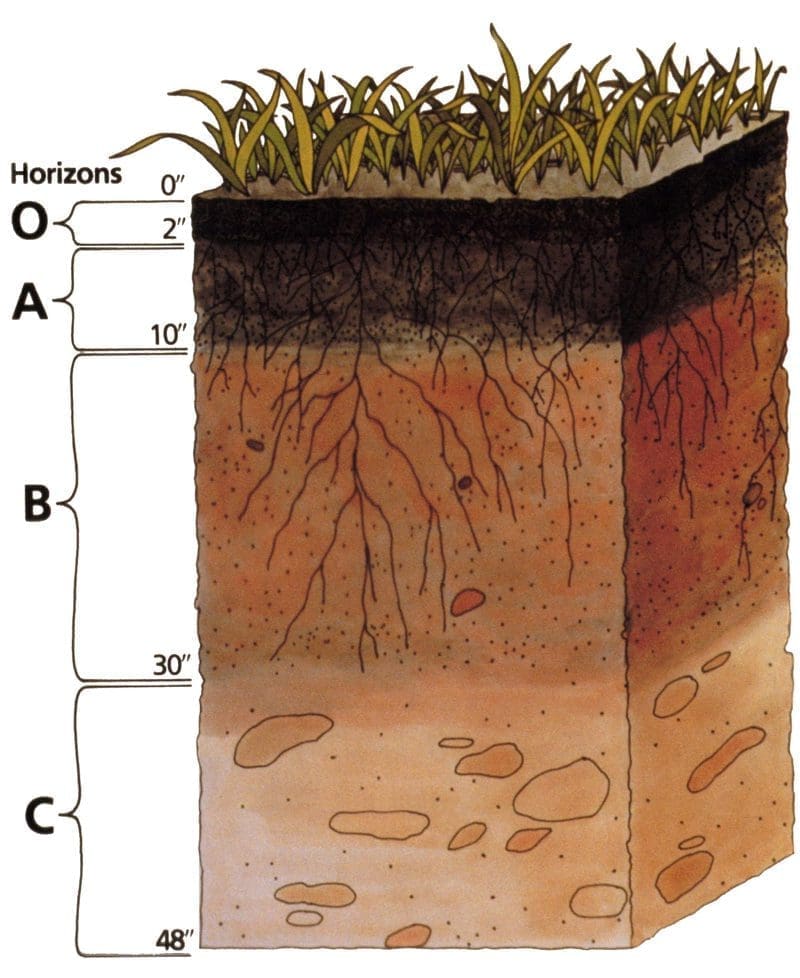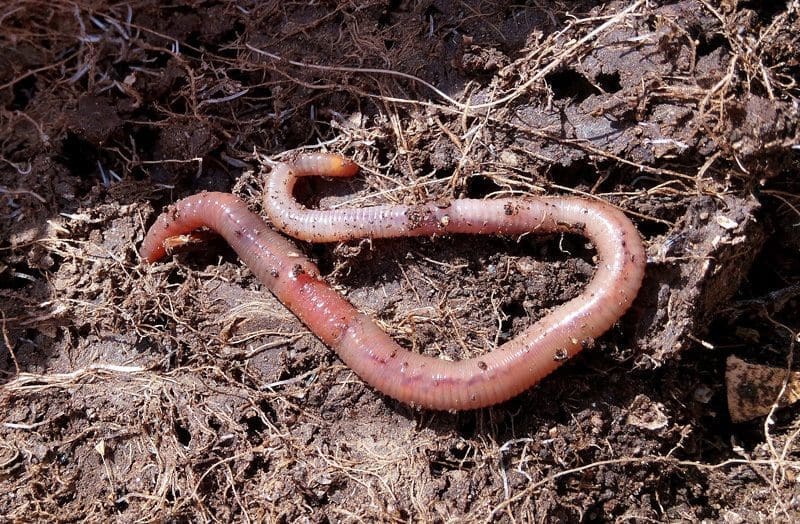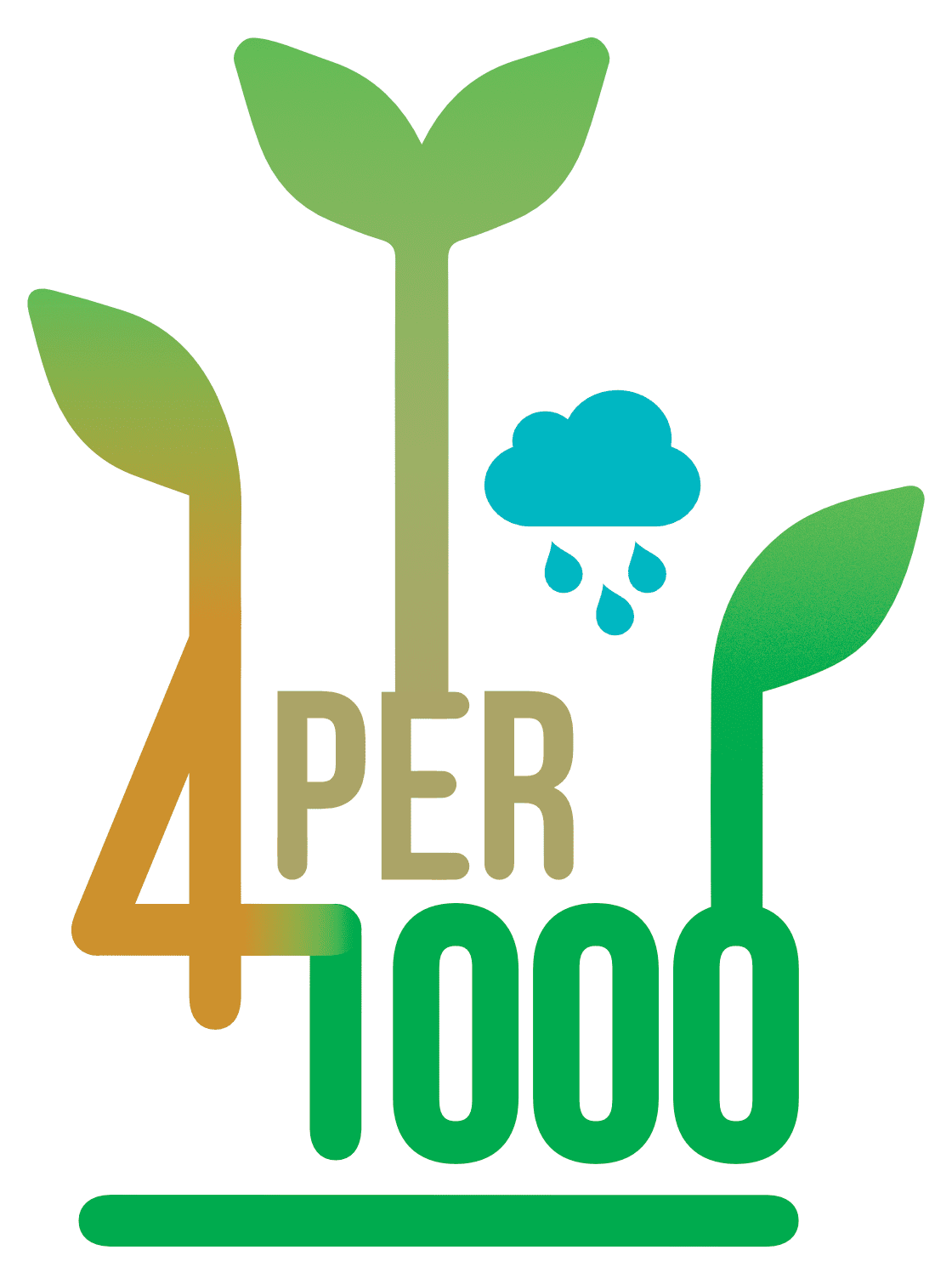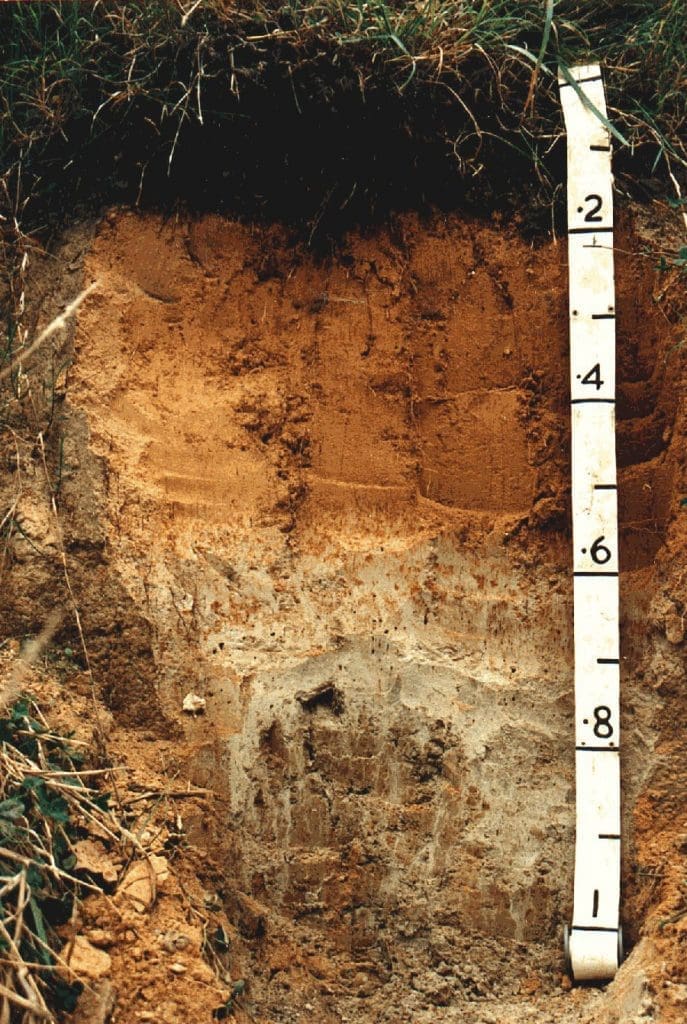A simpleStatement
Agricultural production is strongly correlated with soil health, the main indicator of which is organic matter content. Productive and stable soils directly support farmers’ resilience to climate change.
As mentioned, our ability to feed 9.8 billion people in 2050 in the context of climate change will depend, among other things, on our ability to keep soils alive.

Soil organic matter
Soil organic matter, largely composed of carbon, contributes to four major ecosystem services:
– soil fertility for plants
– water retention
– soil resistance to erosion, and
– biodiversity.
Even small changes in soil carbon stock can have major effects on both agricultural productivity and the global greenhouse gas cycle.

To achieve this, there are 3 levers:
- generally increase the amount of carbon stored in the soil
- stabilise soils with declining organic matter by developing/promoting techniques to preserve soil organic carbon
- restore and improve degraded agricultural soils through appropriate and sustainable practices.
These actions should address the triple challenge of food security, adaptation of agricultural and forestry systems to climate change and mitigation of anthropogenic emissions.

